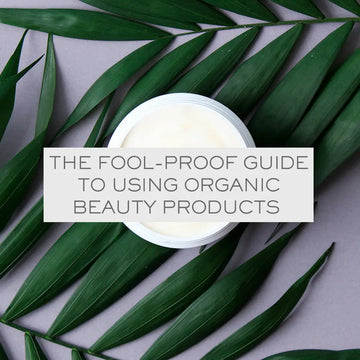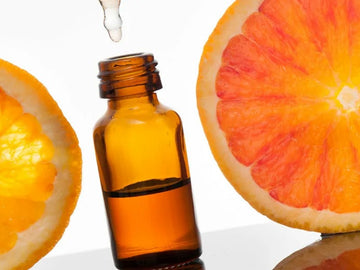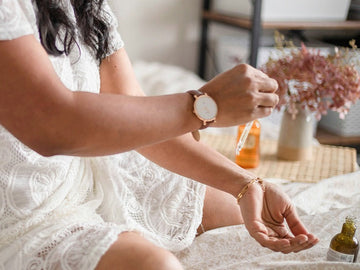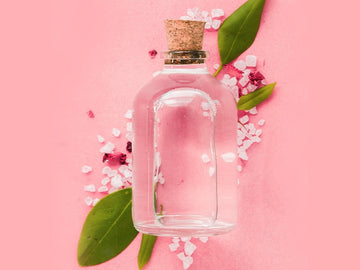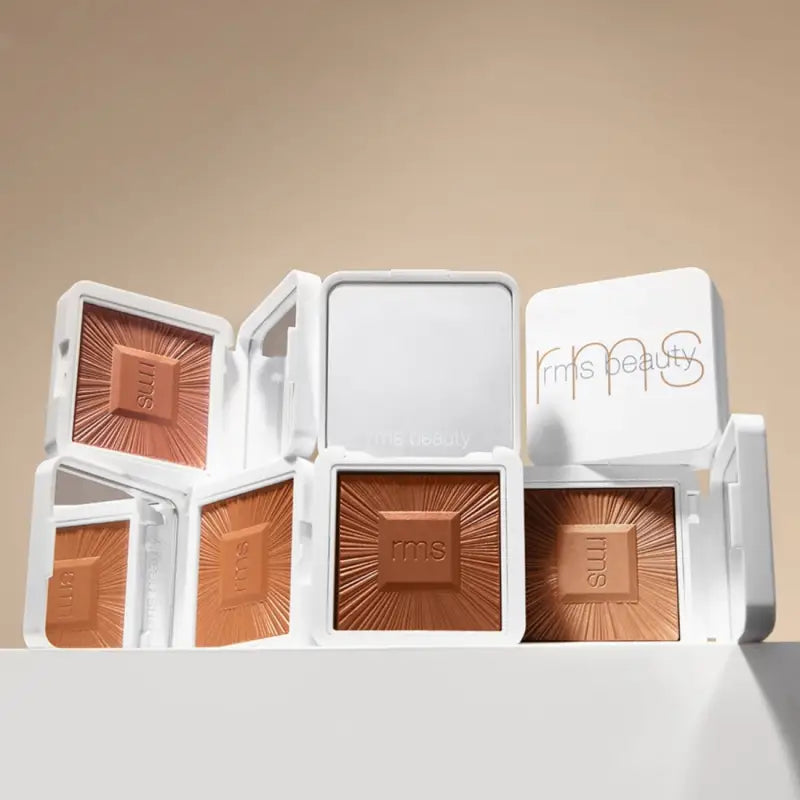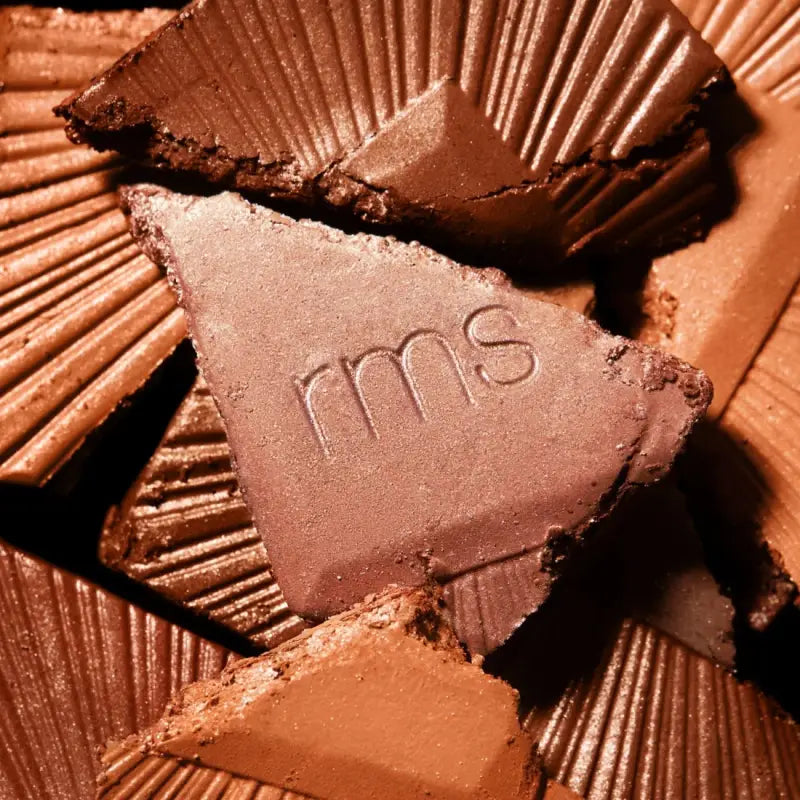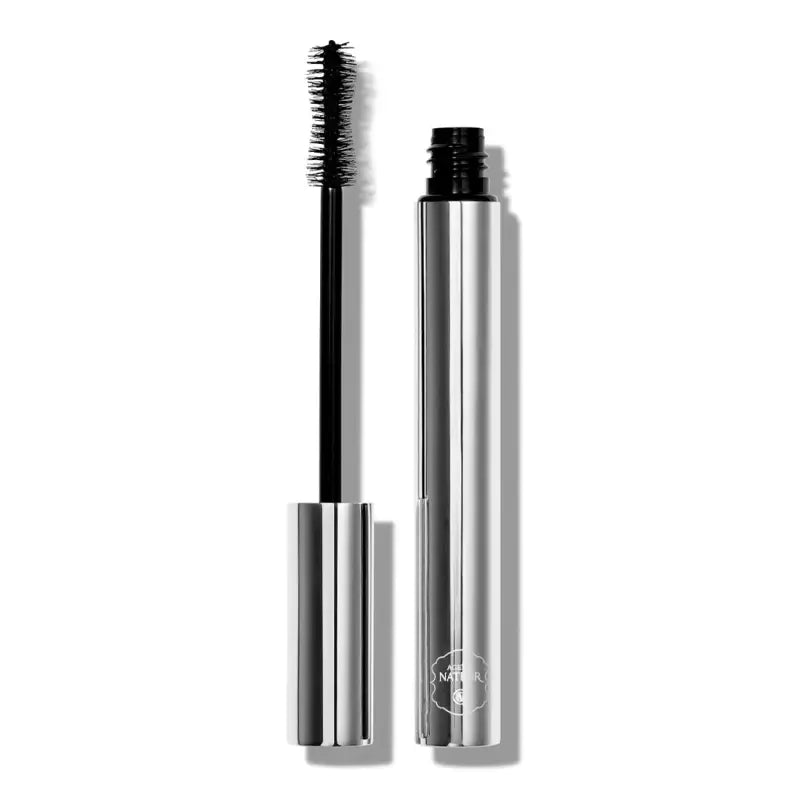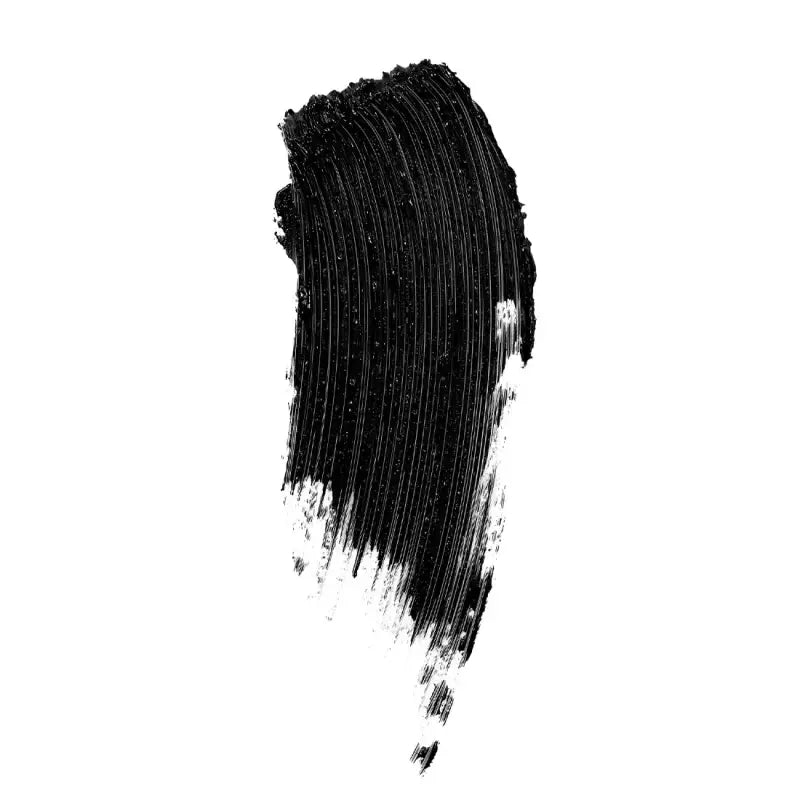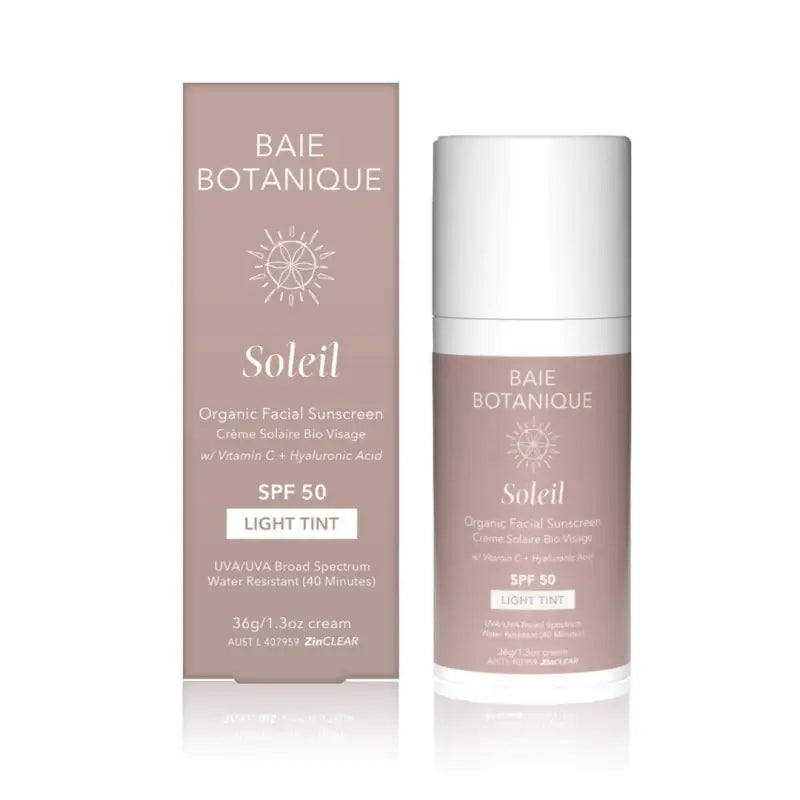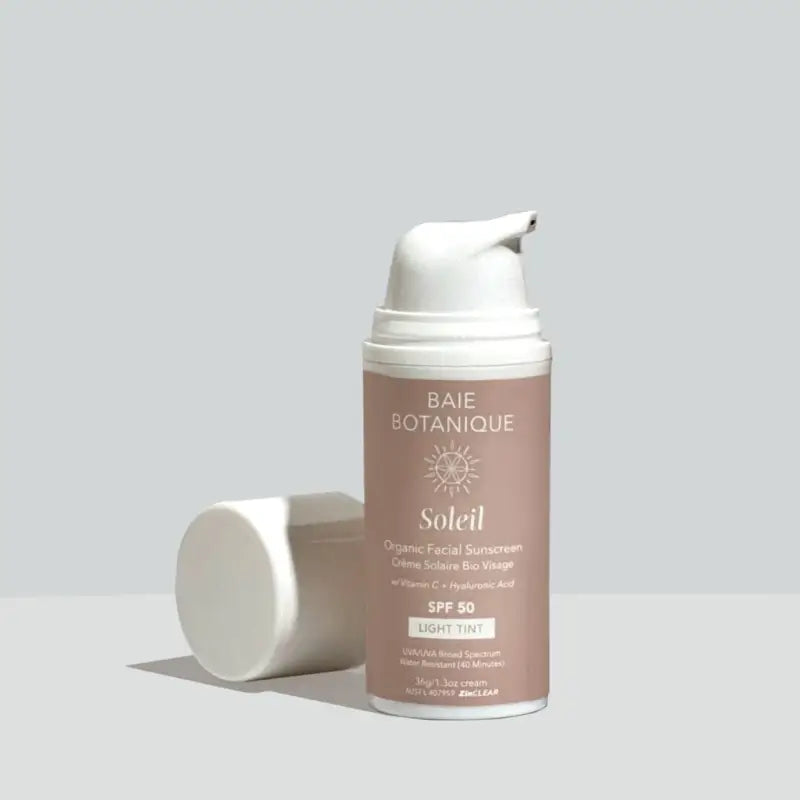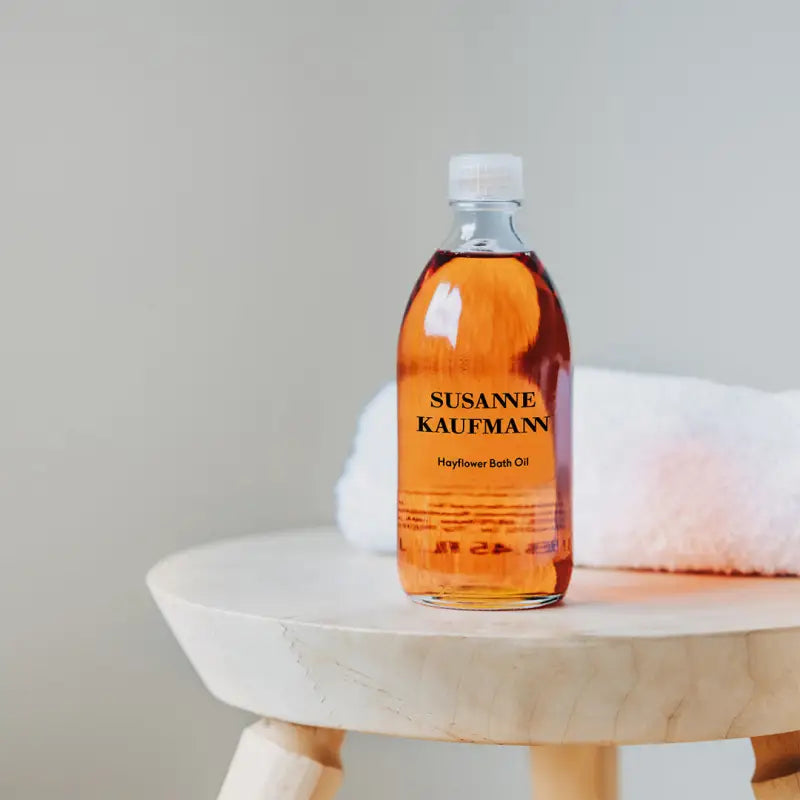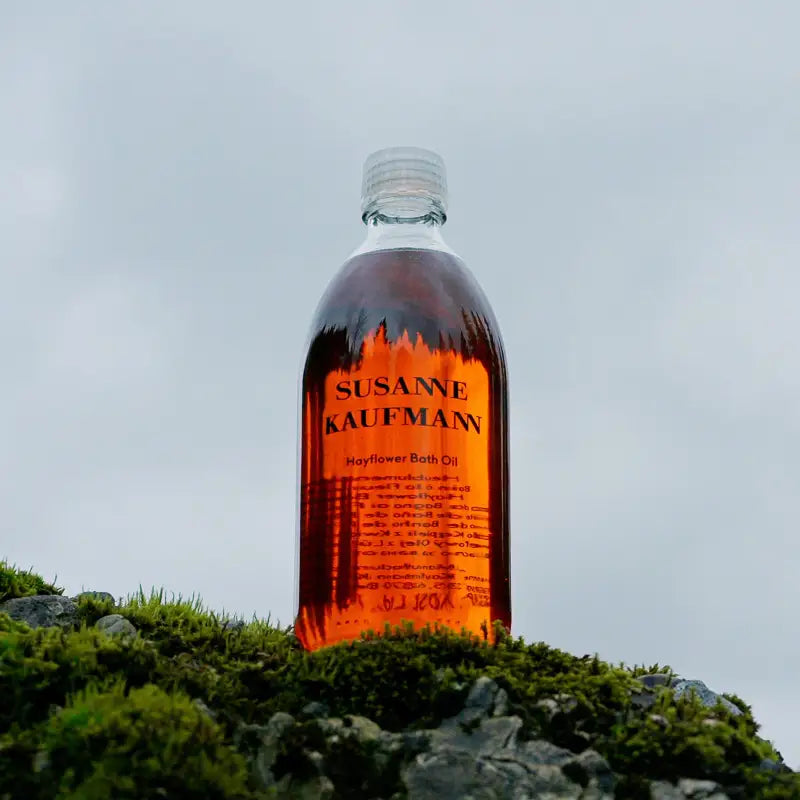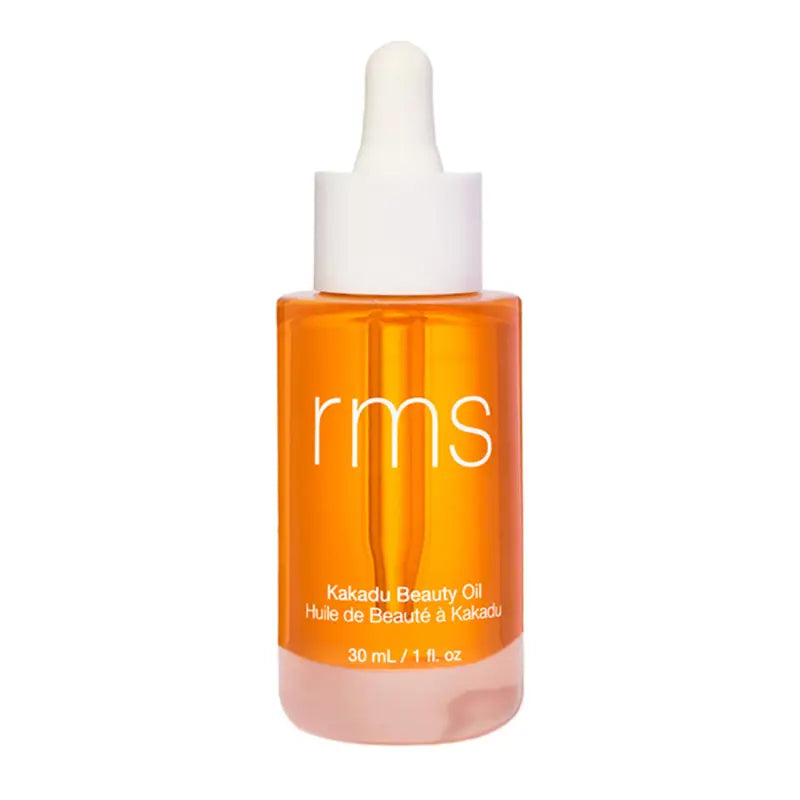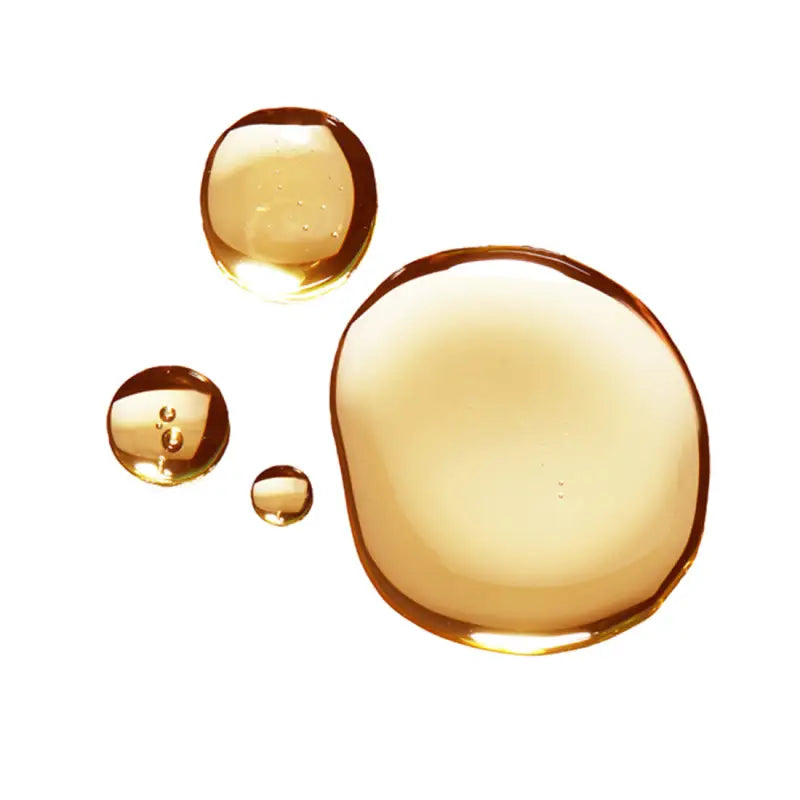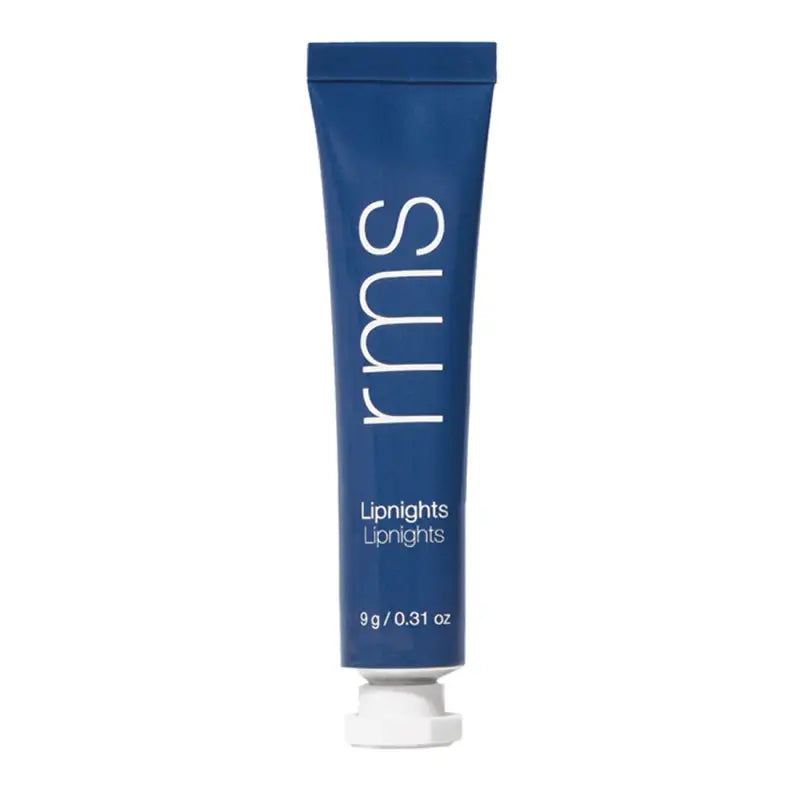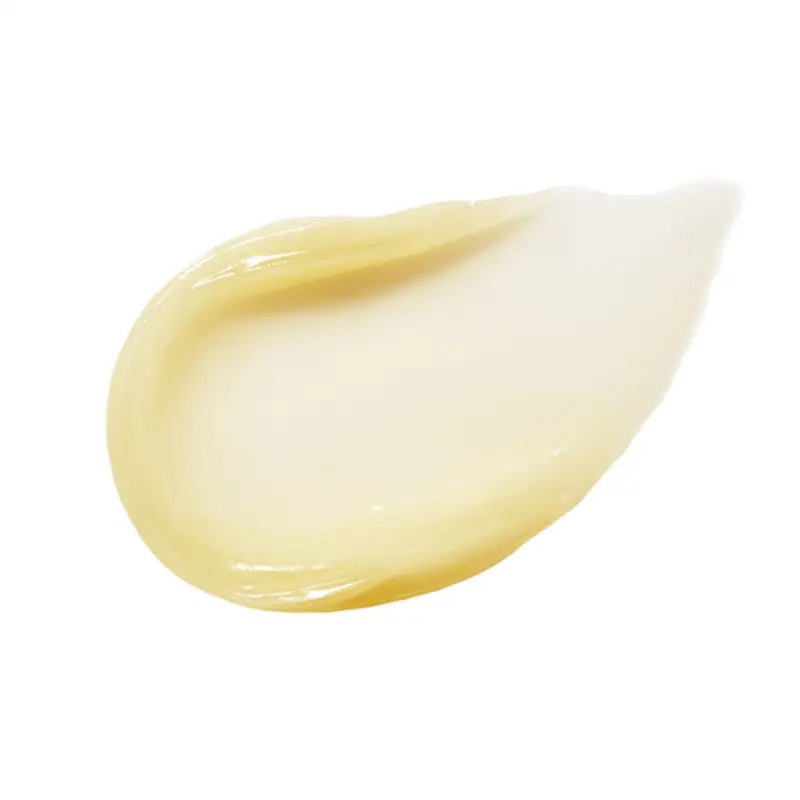The products you use on your skin largely affect your overall being. Being the largest organ in your body, it absorbs whatever you apply on it and easily becomes a passage of ingredients leading down to your systems.
For sure, you wouldn’t want harsh ingredients in the personal care products you’re using to pass through your systems. And the best way to be on the safe side is to find beauty products that are made up of safe and natural ingredients.
Enter organic beauty products–a classification of beauty products that promise to steer you away from the harmful effects of synthetic cosmetics.
However, there is more to organic beauty products than what most people already know. If at this point, you still want to learn more about going organic, this article answers the questions you have.

Organic Beauty Products Defined
WHAT IS IT?
Organic beauty products refer to cosmetics, toiletries or personal care products that make use of ingredients that are certified safe and grown without the use of fertilizers, synthetic pesticides, and GMOs.
The seal of certification reflects the credibility of a brand. It serves as the mark of approval after adhering with a range of conditions and requirements.

4 MAJOR BENEFITS OF USING ORGANIC BEAUTY PRODUCTS
1. ENVIRONMENTAL BENEFITS
Organic beauty products support conscious efforts to protect the environment. These products are free from chemicals common in conventional beauty products–ingredients that usually require heavy mining which contributes to deforestation and destruction of the environment.

In addition to that, making the switch to natural and organic cosmetics will leave you free from the worry of using chemicals with environmental impact. You are given the option to use environment-friendly products with recyclable and biodegradable packaging.
2. HEALTH BENEFITS
Organic beauty products are the safer alternatives to synthetic cosmetics because of the health benefits they bring. With natural and mild ingredients that are gentle on skin, you can be spared from the negative effects that are usually associated with the harmful chemicals used in conventional cosmetics.

You may not be aware of it, but the simple act of applying synthetic makeup can compromise your well-being. While it can do wonders on your skin temporarily, it also comes with long-term damages because of the harsh chemicals that it comes with.
The adverse side effects of conventional cosmetics include but not limited to the following forms:
- clog pores
- dull complexion
- skin irritation
- hyper-pigmentation
- rashes
- breakouts
- inflammation
Aside from harmful ingredients, the fragrances used in synthetic cosmetics have also been linked to a number of health concerns. Good news is, with the availability of natural and organic cosmetics eliminates the risks. There are plant-based alternatives like essential oils used in organic beauty products that have the same effects without the damages associated with the use of fragrance-related toxins.
Also, with high-quality ingredients in organic beauty products, you’ll be feeding your skin the vitamins and nutrients it needs. You don’t even have to worry about harsh chemicals found in conventional cosmetics as you are treated to safe and natural ingredients that your body can tolerate!
3. COSMETIC BENEFITS
Organic beauty products are usually packed with pure and natural ingredients that come with high levels of skin nourishing vitamins A, C,and E, minerals and antioxidants. The availability of these nourishing ingredients allow cosmetic benefits that leave your skin youthful, radiant and glowing.

Listed below are the nutrients in organic beauty products along with the cosmetic benefits they provide:
- Vitamin A: Boosts the functionality of the immune system, improves eye and skin health, and is known to be a powerful antioxidant.
- Beta-Carotene: This nutrient helps in the reduction of fine lines and wrinkles while reducing the appearance of dark spots and acne scars.
- Vitamin E: Provides a soft skin texture and comes with anti-inflammatory effects. It also has properties support sun protection.
- Vitamin C: Protects the skin against environmental aggressors such as sun exposure and pollution. It also promotes skin hydration and collagen production, helps fade dark spots, and evens out complexion.
4. ECONOMICAL BENEFITS
It’s no secret that many brands infamously use chemicals as “filler” content in their beauty products, along with only small portions of the actual desired active ingredients. That means you’re left with a product that can’t guarantee maximum benefits even with regular use.

With organic beauty products being easily available in the market, you are offered a better, healthier, and more cost-effective alternative. In addition to that, there is already a wide range of organic beauty products that cater to people with various needs, lifestyle, and budgets.
While it may seem more expensive than other conventional cosmetics, you can also find affordable variants that offer the best value for your money.
Why is this so?
Certified organic beauty products do not contain chemicals or synthetic fillers. This means that you’ll be using 100% pure ingredients of the highest quality. This is different from conventional cosmetics that usually provide only a small percentage of your skin nourishment requirements. The money you spend on organic goes further than what conventional cosmetics actually provide.

ORGANIC VS SYNTHETIC: THE DIFFERENCES YOU SHOULD KNOW
To further differentiate organic beauty products between synthetic products, highlighted in this section are the differences between organic and synthetic beauty products you should know.
HORMONAL DISRUPTION
According to a study conducted by UC Berkeley in conjunction with Clinica de Salud del Valle de Salinas, hormone disruption among teen girls is linked to exposure in chemicals found in beauty products. On the other hand, it is also revealed that limiting exposure to those chemicals have significantly reduced hormone disruption among teenage girls.
PREGNANCY EFFECTS
Pregnant women are sensitive to chemicals because of their link to birth defects. They are also known to have an impact on brain development. The harsh ingredients in cosmetics can also lead to behavioral disorders. Unlike organic beauty products that don’t contain harsh ingredients, the risk heightens when pregnant women are exposed to the toxic chemicals in cosmetics.
CANCER IMPACT
Exposure to cosmetics with harmful ingredients have been the subject of lawsuits. There was a case when a cosmetics company was charged $72 million in damages. The decision was made after a lawsuit involving a woman’s death due to ovarian cancer was associated with the use of talc-based products from their brand. On the other hand, the availability of chemical-free beauty products have given consumers the confidence that they will be free from the harmful effects of toxic ingredients in cosmetics.
SAFETY TESTING
Regulations vary depending on countries covered. This means that there are cosmetics that although already passed regulations in a particular country, may not be able to pass organic certification in another country. While this may leave you confused, you can stay on the safe side by staying away from chemicals that impact health. Two of the classifications in cosmetics that you need to avoid include: Parabens and Phthalates.
Harsh ingredients in cosmetics bring unlikely results that differ from the effects you want to achieve from the makeup and beauty products you’re using. The options are wide. But what you need to do is acquire a keen eye to help you find the real deal in organic beauty products. This is what you’ll learn in the following section.
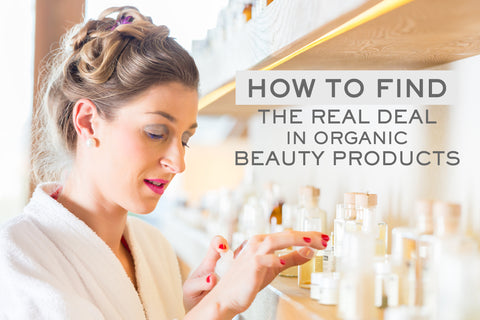
HOW TO FIND THE REAL DEAL IN ORGANIC BEAUTY PRODUCTS
Having a hard time in choosing organic beauty products, here’s a guide that will help you sift through your choices so you can make informed decisions.
LOOK FOR CERTIFICATION
Seeing organic or natural on the labels does not guarantee the real deal. You still have to make sure that it’s free of toxins. Never miss checking labels to know what you’re actually putting on your skin.
BE WARY OF FRAGRANCES
While the scent of the products you’re using may be one of the factors you consider, it is also important to be aware that this could also mean that you are exposing yourself to harsh chemicals. To be safe, it is better to look for products that use essential oils for added scent.
KNOW THE BRAND’S REPUTATION
How most people think about a brand has something to tell about its reputation. It pays to do your own research first. A brand’s ethical principles already delivers a message that you should look into. The reviews they get also speak of the value that they are giving to consumers and can give you an idea if they are adhering to safe and healthy practices.
CHECK THE LABEL
As mentioned above, there are ingredients that can harm your skin. You need to be particular in choosing ingredients that will not just provide the glow your skin needs but also keep your skin free from potential harm.
Speaking of labels, you may find inspecting what’s written on it quite tedious–especially if you are not aware of what to check or doesn’t really know the red flags to spot.
However with some knowledge and a little help, you’ll do just fine. To help you get the hang of it, here’s a cheat sheet in reading product labels that should guide you in choosing safe and organic beauty products.

CHEAT SHEET IN READING PRODUCT LABELS
1. Skip the front labels.
The first thing that you need to check is the list of ingredients. In cosmetics, the ingredients with the highest percentage in the product are listed first. Check the ones on top of the list to know what you’ll be actually using for personal care.
TIP: The first 5 ingredients are important as they usually make up a huge portion of the product. This is where it will be easier to spot the harsh ingredients.
2. Educate yourself.
One guaranteed way to free yourself from the worry of using harsh ingredients is to know the ingredients to choose, as well as the ones to avoid. To give you some idea, here’s a list to give you an overview of some of the natural beauty ingredients that should leave you worry-free!
3. Beware of fragrances.
There are brands that don’t include the fragrance ingredients they use on the labels as they consider them as trade secrets. However, in cases when fragrances are listed, you can determine if by looking for a notation indicating that these ingredients are naturally sourced.
Did you know? Several cosmetic brands adhere with the European INCI ingredient listings wherein ingredients are listed using Latin names.
4. Understand the differences in ‘Organic’ labels.
In choosing safe and natural beauty products, you’ll encounter different types of ‘organic’ labels. Products with 100% Organic ingredients are those that contain ingredients that are purely produced organically. Those that are marked as Certified Organic have used a minimum of 95% organically produced ingredients. On the other hand, products labeled with “Made with Organic Ingredients” have at least used 70% organically produced ingredients.
HEALTHY ALTERNATIVES TO TOXIC INGREDIENTS IN COSMETICS
VITAMIN E, ESSENTIAL OILS, AND ANTIOXIDANTS
Replacements for Parabens
Among the most common ingredients used to preserve cosmetics and personal care products are parabens. Although there are companies that claim the safety of parabens provided that they are given in small amounts, there are also products that contain a range of parabens at once. When exposed to toxic amounts, a person may suffer from impaired fertility or fetal development.
As parabens are commonly found in water-based personal care products, like shampoo, body wash and sunscreen, you’ll need a suitable and safe alternative for it. Good thing, there are natural replacements such as Vitamin E, essential oils like tea tree and grapefruit and antioxidants that also work as natural preservatives.
NATURAL FOAMING INGREDIENTS
Replacements for 1,4 DIOXANE
As a chemical that go against organic standards, 1,4 Dioxane is a contaminant that arises from manufacturing processes. This ingredient is not required by the DFA to be listed. But you can spot this chemical in other ingredients such as sodium laureth sulfate, PEG compounds, and ingredients with “xynol”, “ceteareth”, and “oleth” in their names.
ALOE VERA, HONEY AND HYALURONIC ACID
Replacements for PEG Compounds
PEG Compounds are petroleum-based chemicals that are intended to thicken, soften, and allow moisture retention in products. However, you should know that these compounds may also be contaminated with 1,4 dioxane and their presence in personal care products actually enable other chemicals to be absorbed through the skin and into the body as they also serve as penetration enhancers. In a study conducted in 2011, it is revealed that PEG compounds may result in skin irritation and system toxicity, particularly on broken skin.
To avoid its toxic effects, it is best to look for healthy and natural alternatives like aloe vera, honey, and hyaluronic acid. All these ingredients also work as all-natural humectants without the nasty side effects of PEG Compounds.
NATURAL EMULSIFIERS
Replacements for DEA, TEA, MEA
Ammonia compounds in the form of Diethanolamine (DEA), Monoethanolamine (MEA), and Triethanolamine (TEA) serve as emulsifiers and foaming agents in cosmetics. Based on studies, these ingredients are linked to diseases like cancer, organ and neural system toxicity, and skin irritation and inflammation. These ingredients are also common in personal care products like makeup, shampoo, hair dye, sunscreen, and others.
There are natural emulsifiers that can act serve as healthy replacements to these compounds include those that come from plant sources. These may be in the forms of beeswax, vegetable wax, and lecithin.
HEALTHY AND NATURAL EMOLLIENTS
Replacements for Petro-Ingredients
Commonly found in lip balm, makeup, and skin and body care products, ingredients like petroleum jelly and mineral oils are contaminated with impurities linked to skin irritation, acne breakout, and cancer.
To avoid untoward effects, it’s better to opt for safe and natural ingredients like cocoa, shea, and mango butters which are natural emollients and work as healthy and non-toxic alternatives to products with petro-ingredients.
NATURAL OCCLUSIVE INGREDIENTS
Replacements for Dimethicone
Love the soft and smooth feel of your hair and skin? This surely sounds great. However, you still need to be careful in staying away from harsh ingredients like Dimethicone which is a silicone-based polymer used in a variety of cosmetics and personal care products. When exposed frequently to this ingredient, your skin will be prone to acne and irritation. Dimethicone is one of the ingredients that can result in blocked pores as it draws moisture from the air and releases toxins.
To stay away from this harsh chemical, there are natural alternatives like cocoa, shea, jojoba oil, and mango butters that also work as all-natural occlusive ingredients without the harsh effects.
ZINC OXIDE
Replacement for Synthetic Sunscreens
You cannot underestimate the effects of the sun when it comes to skin damage. A lot of people have made it their habit to apply sunscreen whether indoors or outdoors. However, the extra measure you’re taking may actually put you at risk especially if you’re unknowingly using sunscreens with synthetic ingredients.
Aside from not providing the right amount of sun protection against UV damage, they also pose serious health concerns, including hormonal disruption, skin irritation, and allergies. Worst, synthetic sunscreens are added to common beauty products like moisturizers and lip products.
To up your sun protection without damaging results, it is best to choose natural sunscreen products with zinc oxide. Organic beauty products with natural sunscreen protection formula offer adequate sun protection while ensuring safety and keeping you away from toxic side effects.
KEY TAKEAWAY:
By the year 2025, the organic personal care industry is expected to grow to over $25.11 billion worldwide. The growth reflects the increasing demand of consumers for personal care products that are safe and don’t pose health hazards.
With the expected increase in safe and natural beauty products, you need to arm yourself with the knowledge to identify what’s best for you.
It is clear that you have a wide range of options. Make sure that you’ll make the conscious choice by opting for safe, healthy and effective alternatives that can make you glow from inside out!
Is this article helpful? Feed your knowledge further with this infographic about a complete guide to organic beauty products.


